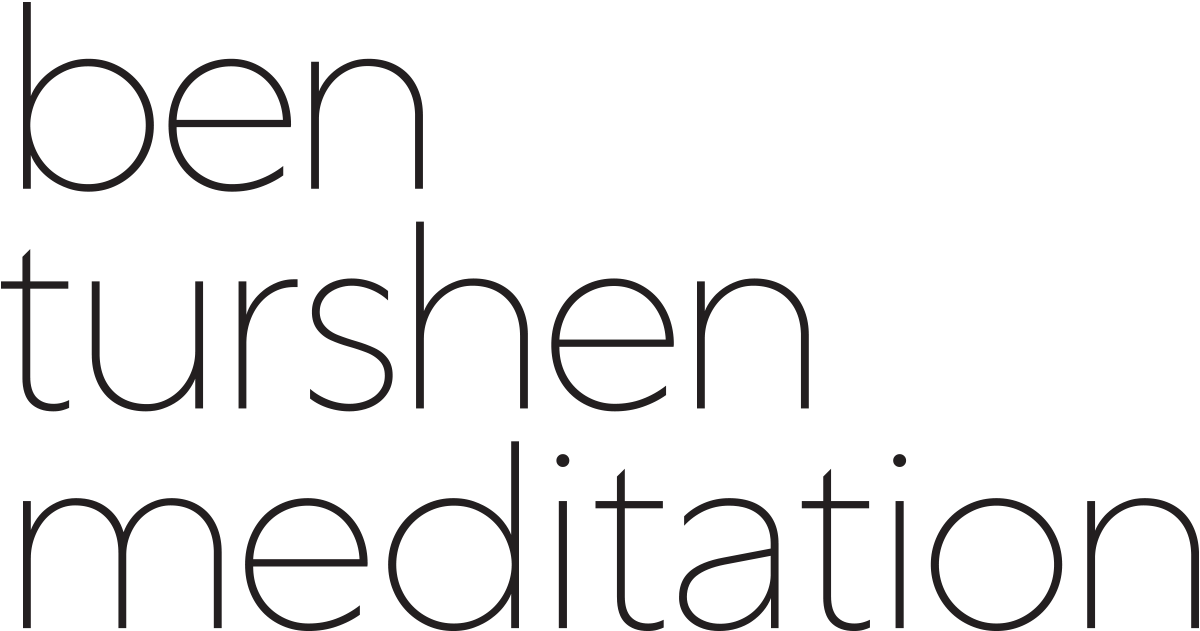By Arden Martin. Originally posted on ardenmeditates.com
We use tools because they help us accomplish things.
When we make soup, for instance, a long wooden spoon is an essential tool. If we stir the pot with a piece of silverware, our hands get messy and possibly burned. And this doesn't just apply to soup - in virtually any endeavor, having the right tools is key to our success.
Sometimes life even calls for heavy-duty tools, like hammers and drills. If you've ever moved to a new home, you have experience with these. Hammers and drills are powerful, which is why we use them to get important things done.
But when we mishandle power tools, they aren't helpful. Remember not being allowed to use a drill until an adult showed you how? Remember learning how to use a hammer, which involved a lot of missing the nail entirely and banging your thumb?
Just like a drill, meditation is a power tool. To get good results, we need to know how to use it - and this is where most people meet a roadblock.
Now that meditation is everywhere, it's easy to think that we're supposed to simply do it, in the same way we're supposed to exercise and eat healthy foods. But meditation is very different. With exercise, we all know how to take a walk and move our bodies. With food, we all know how to find a Whole Foods and buy something nutritious. Meditation, on the other hand, isn't something we innately know how to do (like exercise) or that we simply acquire and consume (like food). To get the benefits of meditation, we need to learn a specific technique and fully understand how to use it.
So if you've ever "tried" to meditate and felt like a failure, you're not. If you've ever wanted to meditate but felt it was daunting or even impossible, it's not. And if you've dabbled with apps or other one-time experiences and concluded that meditation is just "meh," it's not. It's a power tool, and it can absolutely transform your inner and outer experiences if you really learn how to use it from a qualified teacher. And unlike hammers, drills, and wooden spoons, meditation is a tool that makes EVERYTHING in your life easier to accomplish.
Unlike other techniques, Vedic Meditation is taught in person over four days, which means you receive detailed, tailored instruction. You gain a full understanding of how to use the technique and exactly what it will do for you.
When you know how to use a hammer and understand what it does, it's a very effective tool. Meditation is no different - and when we commit to learning how to use this amazing power tool, it is always well worth it.
